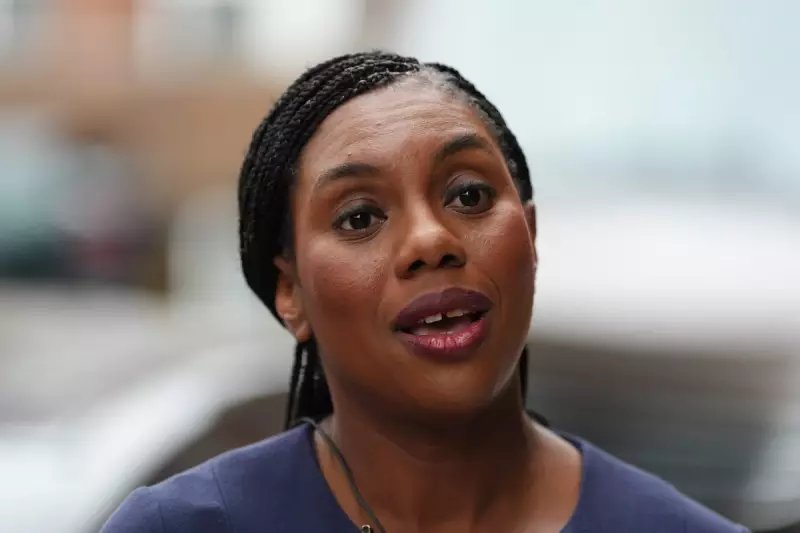
A dramatic political confrontation has erupted between Business Secretary Kemi Badenoch and Shadow Chancellor Rachel Reeves, with allegations of misinformation flying over Labour's access to Treasury officials.
The Conservative minister launched a stunning accusation against her Labour counterpart, claiming Reeves had "deliberately misled the public" about the nature of shadow ministers' engagement with civil servants during the pre-election period.
The Heart of the Controversy
At the centre of the dispute lies Rachel Reeves' recent comments suggesting that "Treasury officials have been working with me" on Labour's policy agenda. Badenoch vehemently challenged this characterisation, insisting the reality is far more restricted.
According to established protocols, opposition parties are permitted limited access to civil servants in the run-up to elections, but this falls well short of collaborative policy development.
What the Rules Actually Say
The Cabinet Manual clearly outlines the boundaries for such interactions:
- Shadow ministers may meet with permanent secretaries
- Discussions are limited to operational and logistical matters
- No joint policy work or development is permitted
- Civil servants maintain strict neutrality throughout
Badenoch emphasised that Reeves' portrayal created a false impression of endorsement and collaboration that simply doesn't exist under the current rules.
Broader Implications for Democratic Process
This confrontation highlights the delicate balance required during election periods, where the need for smooth potential transitions must be weighed against maintaining civil service impartiality.
The Business Secretary's intervention signals growing Conservative concern about Labour's framing of its readiness for government and its relationship with the permanent machinery of Whitehall.
As the political temperature rises, this exchange underscores the high stakes surrounding perceptions of governmental competence and the protocols that ensure fair play during election seasons.





